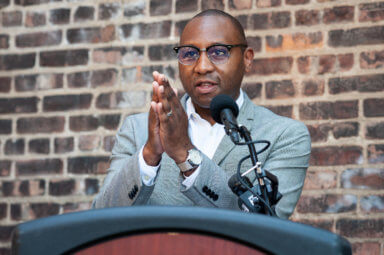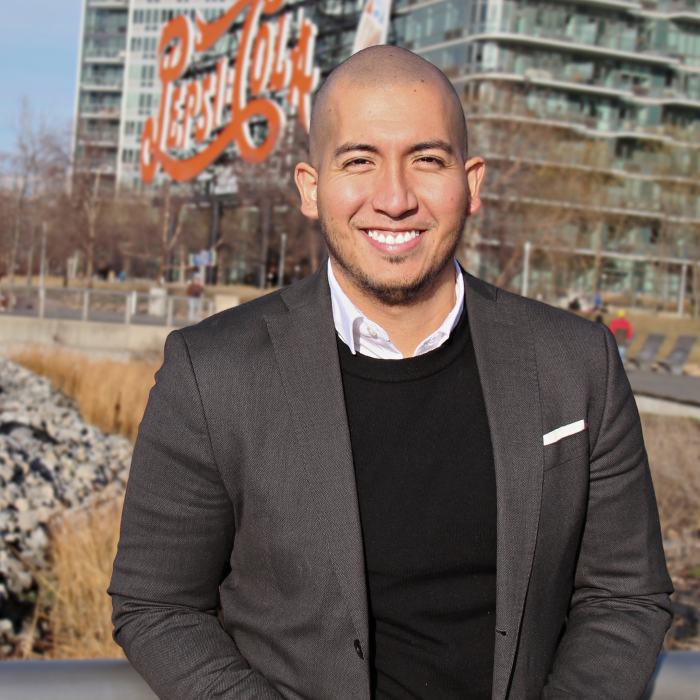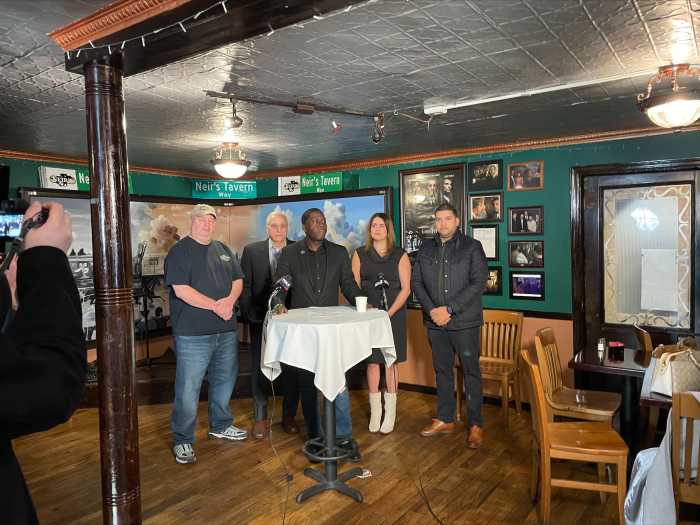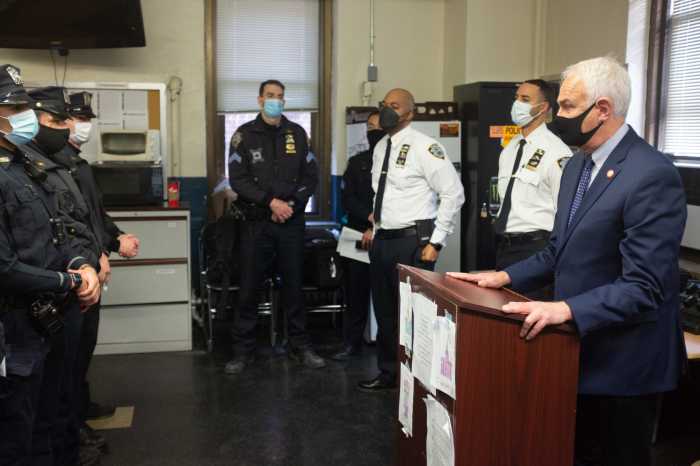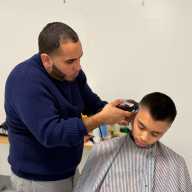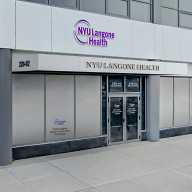Queens Borough President Donovan Richards Jr. announced his 2022 class of appointees to the community board on Monday, April 4. In total, 345 people were appointed across 14 community boards throughout Queens.
Of the appointees, 94 of them are first-time members. This year’s applicant pool of 884 was the second largest in the office’s history, behind only last year’s 941. The appointees began their two-year terms on April 1.
According to Richards, he wanted a diverse board in order to reflect the diverse group of people they will represent.
“I could not be prouder to appoint such a dynamic, diverse class of public servants to our network of Queens community boards, as we continue steadfast in our effort to build a government that is truly reflective of the borough it serves,” Richards said. “Queens is leading the way out of the COVID-19 pandemic and toward a stronger, fairer future for all our families, and I’m both deeply grateful and excited for the work these 345 qualified community leaders will do on behalf of the ‘World’s Borough’ and all who call it home.”
Of the 884 applicants for 2022, 610 were not currently sitting community board members. According to Richards’ office, the seismic interest in joining the board these last two years stems from the “simplification and digitization of the application, which was able to be completed online and no longer required notarization.”
Richards also believed his announcement last year of a series of government reforms aimed at establishing a centralized code of conduct for all 14 community boards played a role, too. In that announcement, Richards also called for a holistic review of each board’s bylaws, making boards more welcoming places for new members.
Data analytics were used by the Office of the Queens Borough President throughout the community board appointment process. BetaNYC, a public interest technology nonprofit, was able to compile and provide various data relating to the new appointees.
This year’s group of first-time members also reflects a rise in representation from the African American, Hispanic/Latinx and LGBTQIA+ communities. Of the new appointees, 22.3% are African American, compared to 18.5% of the members in 2020. Meanwhile, 17% are Hispanic/Latinx, up from 8.6% in 2020 and 6.4% identify as LGBTQIA+, up from 3.4%.
Out of the 94 first-time appointees, 47.9% are under 40 years old, including three in their teens. This reflects a huge change since Richards took office as borough president at the end of 2020. In Dec. 2020, less than 12% of community board members were under the age of 35, with almost 75% being over 45 years old.
Richards also made it a point to have board members who can better represent Queens residents who immigrated here. Of the 94 first-time members, 19.2% are immigrants, representing a 1.8% jump from the 2021 class. In 2020, just 6.1% of the sitting community board members were immigrants.
There is also now a larger representation among parents of school-age children: 21.3% of the new appointees fall into this category, up by almost 15% since 2020.
A majority of the new appointees are renters rather than owners of a home. While 29% own a house, almost 24% live in market-rate apartment rentals, 6.4% in rental houses, 3.2% in rent-regulated apartments and 3.2% in New York City Housing Authority (NYCHA) housing. Considering the fact that many tenants struggled to afford paying rent due to the pandemic and the economic fallout that it caused, this represents a significant shift.
Of the 94 new appointees, 52.1% use the subway as their main form of transportation. Meanwhile, 42.6% use buses, 17% ride bikes or other micro-mobility devices, and 44.7% walk.
Despite the fact that there are more male appointees (50%) than female (46.8%) this year, Richards said he is still committed to having the community boards reach a better balance of gender representation. Prior to his administration, 56.3% of board members were men while 43% were women. Over the last two years, 54.9% of the appointees identified as women while 41.7% identified as men.
According to BetaNYC Executive Director Noel Hidalgo, the rise in diversity could be a huge boon for Queens residents who didn’t previously feel represented by those in the community boards.
“For our city to be truly democratic, our community boards must reflect the neighborhoods it represents,” Hidalgo said. “We are excited to see Borough President Richards embrace a new generation of tools and tactics with community leaders to reflect the borough’s diversity of lived experiences, community knowledge and involvement — this is the only way to ensure our city’s democracy is as vibrant as its residents.”

